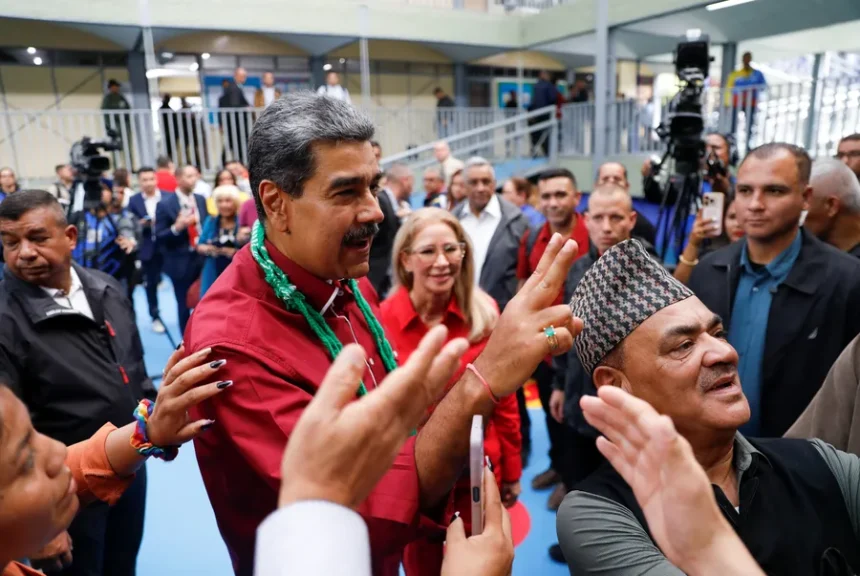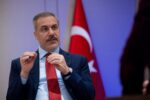Venezuelan President Nicolás Maduro’s United Socialist Party (PSUV) claimed a landslide victory in Sunday’s parliamentary and regional elections, winning 23 out of 24 governorships and a likely absolute majority in parliament, according to the National Electoral Council.
The vote, held on May 25, was boycotted by the opposition, casting doubt on the legitimacy and competitiveness of the elections. The PSUV coalition received 82.68% of the votes in the parliamentary race, solidifying Maduro’s grip on political power.
Low Turnout Amid Political Uncertainty
While official voter turnout figures have not yet been released, reports indicate that several polling stations were sparsely attended on election day. The low turnout is seen as a reflection of public disillusionment and the lack of opposition participation.
The ruling party lost only in Cojedes, a central region of the country, while dominating the rest of the regional map.
These elections come just ten months after Maduro’s controversial re-election, a result that Venezuelan opposition leaders and international observers continue to dispute.
Political Implications and International Scrutiny
The opposition’s boycott was in response to allegations of electoral fraud and suppression, with many prominent political figures barred from running or imprisoned in previous crackdowns.
International reactions are expected to follow, especially from Western governments and organizations that have previously criticized Venezuela’s electoral process as undemocratic.
This result is likely to further consolidate authoritarian control under Maduro, while deepening political divisions within the country. The outcome also raises new concerns over the future of democratic institutions in Venezuela and the possibility of free and fair presidential elections in the coming years.







